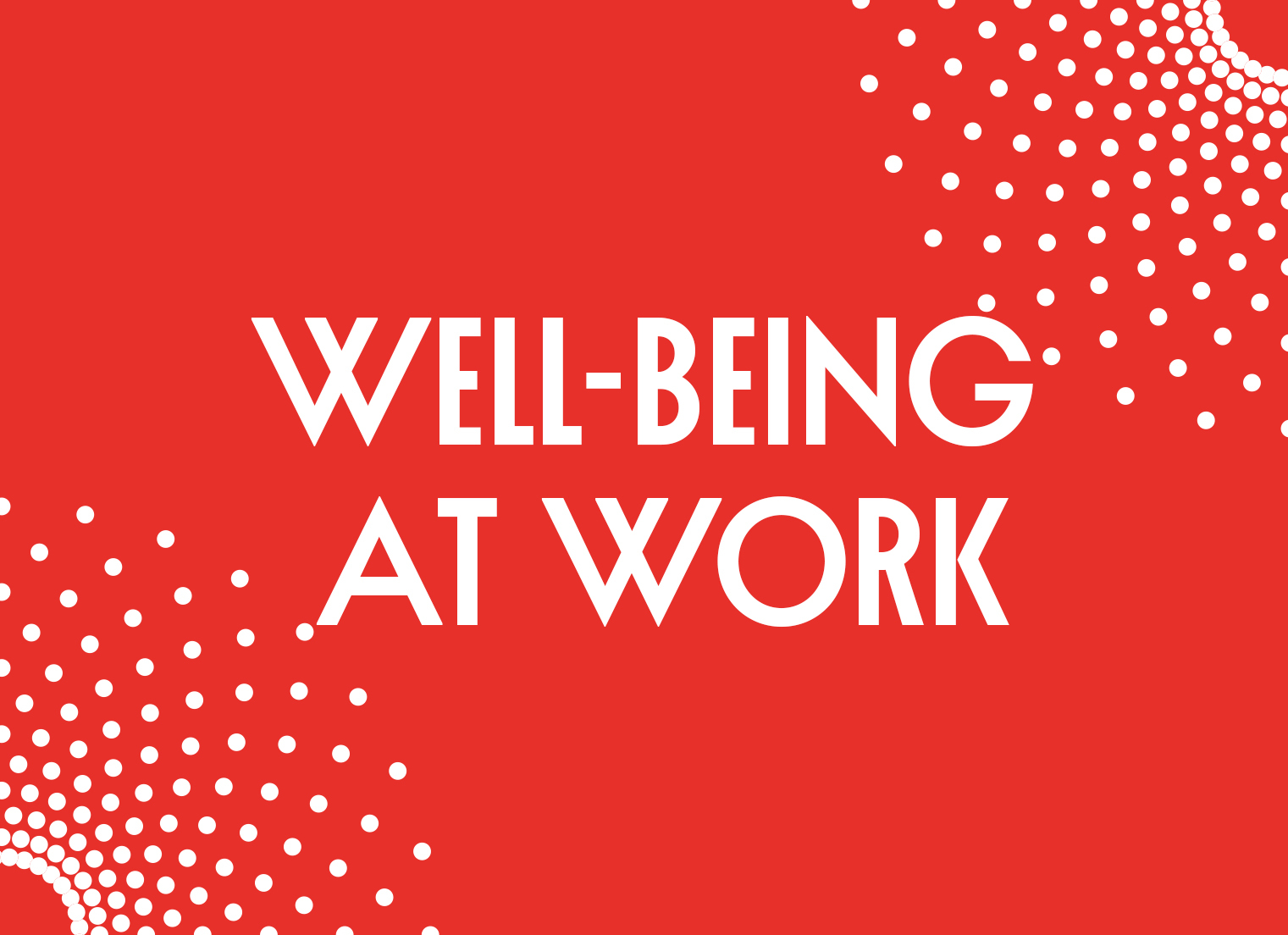It’s high time to face facts – 2023 was not a great year for planet earth. We bring this to the attention of the 139 elected officials in the US Congress who still deny the scientific consensus of human-caused climate change; and the likes of UK’s Global Warming Policy Foundation who according to the London School of Economics is spreading misinformation about greenhouse gasses.
2023 was in fact the hottest year on record. According to the US National Center for Environmental Information the November 2023 average global surface temperature ranked the highest for that month since global records began in 1850. Their global map of significant climate anomalies and events tells this gruesome story in detail.
Despite this myriad of bad news, there is some good news in terms of long-term prospects for climate progress following the UN COP28 conference held in Dubai. Nat Keohane – President of C2ES (Center for Climate and Energy Solutions) a Washington DC based climate think tank provided an excellent summary of his take-aways from the event in a blog post last month.
Keohane saw three positive outcomes from the event: First a clear call for near-term collective climate action including tripling renewable energy production by 2030; second an increase in the number of people attending the event (estimated at 100,000) and the improved quality of participation in terms of constructive and candid dialogues about long-term solutions, and the upswing on voluntary carbon markets – which companies draw on to help cut carbon emissions.
But currently a glaring lack of public concern about the climate crisis is especially troubling in light of the catastrophic effects it is having on the planet. According to a Pew Research poll on climate change from 2023 only 37% of Americans said that addressing climate change should be a top priority for the president and Congress.
Can’t image what are the other two thirds of Americans thinking is more important? Especially the three out of four Republicans who don’t consider climate change a major threat. Turns out according to Pew they are more concerned about the economy and reducing healthcare costs.
What if anything can be done by individuals to help tackle this seeming insurmountable problem? Protecting our planet starts with you. According to leading global organizations like the UN and US NOAA, there are many individual choices people can make to help combat global warming. Consider the following choices you can make for a healthier planet:
1. Reduce Energy Consumption:
– Switch to energy-efficient appliances.
– Use LED lighting.
– Turn off lights and electronics when not in use.
– Insulate your home to reduce heating and cooling needs.
– Turn your thermostat down in the winter and up in the warmer summer months.
2. Embrace Renewable Energy:
– Install solar panels if possible.
– Choose a green energy supplier.
– Actively support the UN’s five critical actions for renewable energy transformation.
3. Minimize Car Usage:
– Use public transportation, bike, or walk.
– Use a bike-share program if your city or town has them.
– Drive wise: Be fuel efficient by going easy on the gas pedal and brakes. Maintain your car to optimize fuel consumption
and reduce emissions.
– Carpool when possible.
– Consider purchasing an electric or hybrid vehicle.
4. Consume Less and Waste Less:
– Buy less and choose durable goods.
– Repair and reuse instead of buying new.
– Reduce, reuse, and recycle material.
5. Understand the Impact of our Food System on the Planet:
– Reduce meat and dairy consumption as livestock farming significantly contributes to greenhouse gases.
– Switching to a plant-based diet can reduce an individual’s annual carbon footprint by up to 2.1 tons with a vegan diet or
up to 1.5 tons for vegetarians.
– Throw away less food- By eating only what we need and reducing food waste, an individual can reduce their carbon
footprint by up to 1.3 tons annually.
– Shop local and organic: Shopping and eating local can help reduce the food miles travelled and can help an individual
save up to 1.1 tons of carbon emissions annually.
6. Conserve / Protect Water:
– Fix water leaks.
– Use water-saving appliances.
– Take shorter showers.
– Do not let the water run while shaving or brushing your teeth.
– Only run the washing machine and dishwasher when you have a full load.
– Don’t overwater your lawn or water during peak consumption periods.
– Don’t send toxic chemicals into our waterways. Choose non-toxic chemicals in the home and office.
7. Support Sustainable Practices:
– Support companies with sustainable business practices.
– Partner with Nonprofit organizations
– Educate yourself and others about environmental issues.
– Rethink your business supply chain: source materials responsibly, reduce consumption of natural resources, reduce your
carbon emissions.
8. Reduce Air Travel:
– Fly less often and choose direct flights when possible.
– Take 1 or more fewer flights this year.
– Replace at least one flight with a lower carbon impact mode of travel (ex: Train).
9. Plant Trees and Support Reforestation:
– Trees absorb CO2, a key greenhouse gas. They produce oxygen as well.
– Volunteer to help support reforestation – like Million Trees NYC.
10. Political Action:
– Vote for leaders committed to addressing climate change.
– Support policies and legislation that aim to reduce carbon emissions.
– Volunteer for clean ups in your community.
Each of these actions, while seemingly small in the grand scheme of things, can contribute to a larger collective effort to combat global warming. By making conscious choices in our daily lives, we can collectively make a significant impact.
As US Astronaut Neil Armstrong said when he first set foot on the moon back in July of 1969: “This is one small step for man, one giant leap for mankind.” This thought certainly applies to taking personal actions to help combat global warming.
For a fun look at “slow fashion” or how a change in the way you buy clothes can help reduce global carbon emissions – check out Always Be Content’s new book “Dare to Care What You Wear” by clicking here.
Share and tag us @alwaysbecontent








